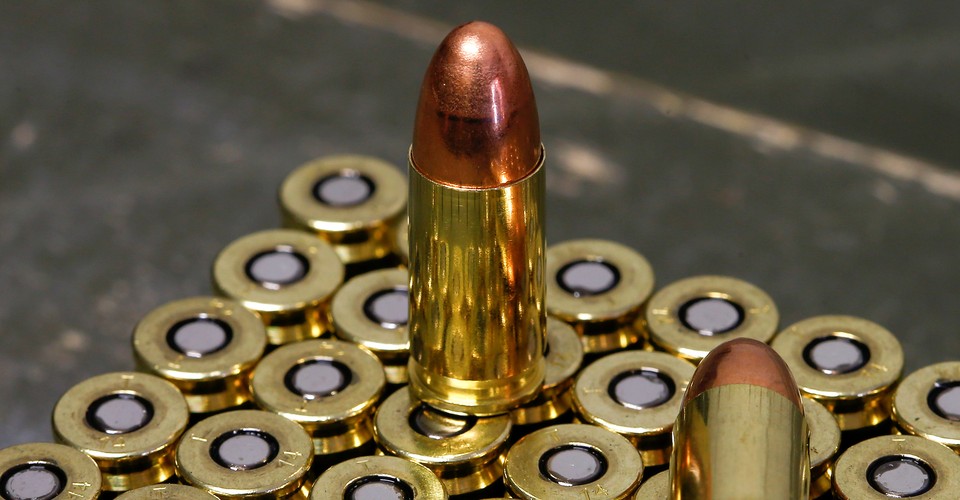The future Brazilian government of President-elect Luiz Inácio Lula da Silva will repeal the decrees during Jair Bolsonaro’s term that made access to weapons in the country more flexible, official sources informed yesterday.
Senator-elect and member of the transition team Flávio Dino, one of the candidates to take over the Ministry of Justice and Public Security, stated that the repeal of the laws that made access to weapons more flexible was one of Lula da Silva’s promises during the campaign and will be one of the objectives of the government that will take office on Jan. 1.

“We have a law in force, the disarmament statute, which was dismantled with infrarenal acts, decrees, portarías. This is undoubtedly a fundamental theme of the working group because it is a theme that President Lula da Silva chose. It is a theme approved by Brazilian society,” Dino said at a press conference.
For Dino, it is necessary to discuss “a modeling” of the arsenal currently in the hands of the population to remove large caliber weapons from circulation, for example.
The senator also suggested reorganizing the licenses of shooting clubs and revising the concept of “collector, shooter, and hunter”.
“What is certain is that from now on, the fundamental concept is the 2003 law, the disarmament statute,” he commented.
“It can’t be something uncontrolled; it can’t be a general release because every day, there is news in homes, neighbors, bars, and restaurants of someone who shot or had a record. This shows that this concept failed and what failed has to be repealed,” he added.
In recent years, the government of Jair Bolsonaro has made access and possession of weapons in Brazil more flexible.
However, the courts suspended several of the decrees because of the risk to society.

